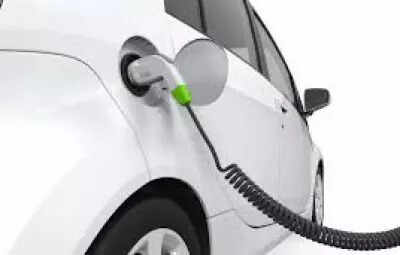
The Federation of Chandigarh Region Automobile Dealers has approached the Punjab and Haryana high court, seeking quashing of the Electric Vehicle (EV) Policy of 2022 and subsequent amendments dated July 7 and October 18 whereby capping had been put on the registration of non-EVs/internal combustion engine (ICE) vehicles.
Hearing the plea, the division bench comprising Justice G S Sandhawalia and Justice Harpreet Kaur Jeewan has sought some time to take instructions on the issue.
The matter has been fixed for November 9 for arguments.
The petitioner body submitted that the policy is based on the guidelines issued by the Government of India and a bare perusal of the same shows that the said guidelines were not for the purpose of capping and rather it was with regard to promoting the electric vehicles by way of incentivising so that the consumers are inclined to buy electric vehicles.
This also includes providing of monetary benefits as well as charging infrastructure etc and by relying on the said guidelines, the EV Policy has been brought which rather affects the fundamental rights of the dealers who are operating within the territory of Chandigarh.
It has been further pleaded that as per the reports with the Chandigarh administration itself, more than 50% vehicles which come to Chandigarh are from outside and mostly from the neighbouring states and further there is no such ban or capping in any of the adjoining areas of Mohali and Panchkula. This kind of policy will not in any manner serve the objective which the administration wants to achieve regarding promoting the electric vehicles.
Counsel for the petitioner body and senior advocate Chetan Mittal submitted that otherwise also, any such policy or executive instructions cannot curtail the fundamental rights of the petitioner/dealers as their entire business is already in the process of shifting out of Chandigarh and they have invested huge amounts which will directly affect their business. A reference was also made to the fact that numerous bookings of non-electric vehicles have been made and their deliveries are pending during the ongoing festival days. Further, the policy and the procedure and the basis adopted by the Chandigarh administration is totally arbitrary and result of total non-application of mind rather the administration will also suffer losses by way of losing tax and other revenue as on account of non-registration of non-EV, the buyers will go to the neighbouring states which is not the purpose of the policy.
The senior counsel alleged that unless and until the Act and Rules of Motor Vehicle are amended, the executive instructions cannot restrict the sale and registration of vehicles and the policy is without jurisdiction.

